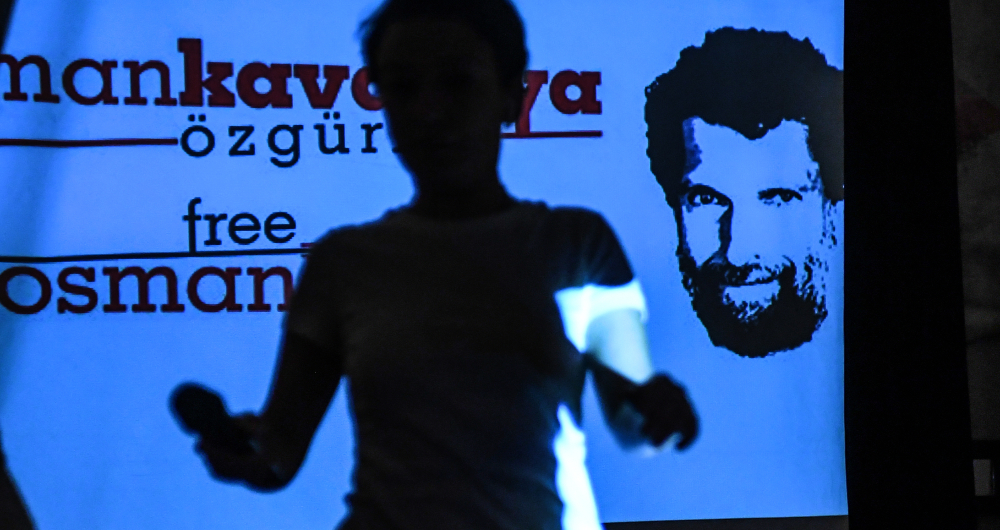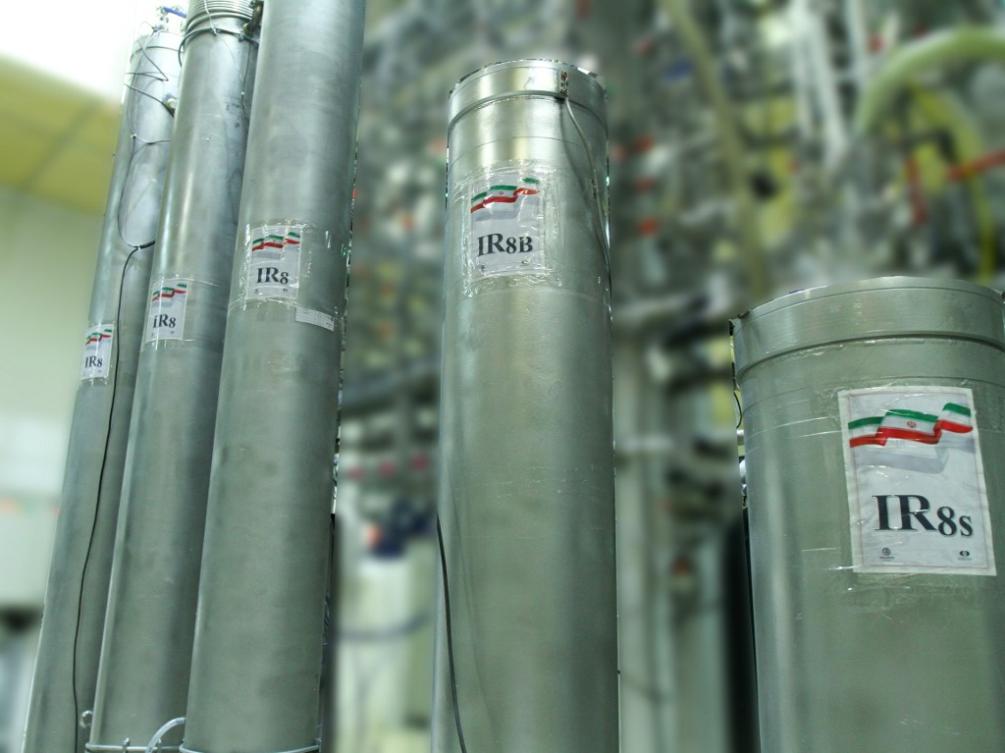Turkey keeps opposition activist in solitary confinement
ISTANBUL: An Istanbul court ruled to keep renowned Turkish activist and businessman Osman Kavala behind bars in solitary confinement on Friday in the high-profile second trial of Kavala and Turkish-American academic Henri Barkey. The court also merged the current case with the landmark anti-government Gezi Park protests’ trial.
Amid anti-American conspiracy theories about the involvement of the US in orchestrating the failed coup attempt in 2016, Barkey and Kavala are being tried on espionage charges and accusations of helping the coup attempt. If convicted, they face life sentences.
Speaking in his defense on Friday Kavala said that as the knowledge of the falseness of allegations against him is more and more publicized, each refusal of his bail becomes an increasingly egregious rights violation.
Kavala’s co-defendant Barkey, an American citizen, is being tried in absentia.
Kavala, who was first detained in October 2017 and remanded in pre-trial detention on Nov. 1, 2017, has been behind bars ever since. Although he was acquitted of all charges in the anti-government Gezi Park protests in February 2020, he was then accused of overthrowing the constitutional order and of espionage. Kavala has been behind bars for 1193 days without conviction.
The Kavala case is seen as a way for Turkey’s rulers to threaten other activists that push for Western values such as pluralism, democratization and human rights in the country.
Nine European rights ambassadors from Austria, Denmark, Finland, France, Germany, Hungary, the Netherlands, Spain and Sweden released a joint declaration on Thursday calling for the immediate release of Kavala and expressed “great concern” over the rule of law, human rights and judiciary record in Turkey.
The ambassadors also urged Ankara to implement binding judgments of the European Court of Human Rights (ECHR).
“The continued imprisonment of Osman Kavala in Turkey is politically motivated and goes against judgments of the European Court of Human Rights,” Barbel Kofler, German human rights commissioner, tweeted.
In 2019, ECHR ruled that Kavala’s extended detention had an “ulterior purpose, namely to reduce him to silence as an NGO activist and human rights defender, to dissuade other persons from engaging in such activities and to paralyze civil society in the country” and therefore violated the European Convention on Human Rights that Turkey is bound to respect as a state party.
Turkey insists on defying the rulings of the court not only for Kavala case but also for Kurdish politician Selahattin Demirtas, who has also been kept behind bars for years.
Speaking at the Parliamentary Assembly on Jan. 25, the Council of Europe’s Secretary-General Marija Pejcinovic Buric warned Ankara that compliance with the ECHR ruling on the Kavala case is not “a kind request,” but rather “a binding legal requirement.”
Although the case of Kavala and Barkey has not been prioritized in the bilateral agenda of Ankara and the Biden administration, the criminal proceedings against an American citizen might draw US engagement about improving the rule of law with its strategic partners, experts note.
Merve Tahiroglu, Turkey program coordinator at the Project on Middle East Democracy (POMED), said Biden took a welcome U-turn from Trump’s brazen embrace of global strongmen and has begun to follow a foreign policy that emphasizes democracy and human rights.
“Already in a few weeks in office, his administration has been more outspoken on Erdogan’s repression in Turkey than his predecessors. I think they are watching this case very closely as well,” she told Arab News.
According to Tahiroglu, Kavala’s unjust prosecution singularly reflects the complete erosion of the rule of law, the repression of Turkish civil society, and the weaponization of anti-Western conspiracy theories against government critics.
During a speech on Feb. 5, Turkish President Recep Tayyip Erdogan targeted Kavala’s wife, Ayse Bugra. Bugra is a well-known academic who teaches at Istanbul’s prestigious Bogazici University, which became a scene of protests from academics and students for more than a month after the appointment of a political figure — and a loyalist to Erdogan — as the new rector.
“The wife of Osman Kavala, the person who is the representative of Soros in this country, is a person who is among these provocateurs at Bogazici University,” Erdogan said, following similar statements he gave in the past by accusing Kavala of being the agent of US financier George Soros.
Kavala turned to the Constitutional Court last year, saying his illicit detention violated his right to liberty and security. The court ruled on Dec. 29 that his detention was not a violation.
“Last year, the judges who ordered the acquittal of the Gezi trial defendants, including Kavala, were quickly put under investigation. The latest comments by President Erdogan represent another proof that this is a politically motivated prosecution,” said Amnesty International’s Turkey campaigner, Milena Buyum.
Kavala’s next trial will be held on May 21. The Council of Europe’s Committee of Ministers will resume its examination of Kavala’s case in March 2021.
According to Buyum, the court ruling on Friday confirmed once again that the continuous calls of ECHR and its criticisms about political motivations behind the arrest were real.
“It is not a trial; it is a direct punishment. There is no single evidence that Kavala tried to overthrow the constitutional order,” she said.
ECHR found that article 18 of the European Convention of Human Rights was violated through Kavala’s arrest. Article 18 determines the limitation on the use of restrictions on rights.

Two years on, Turkish dissident remains behind bars Turkish rights activist Kavala’s prison term extended



